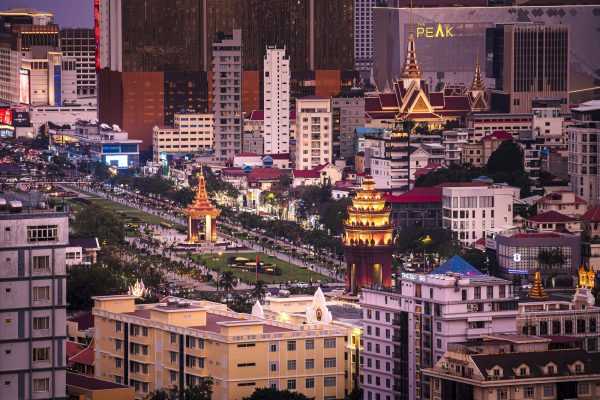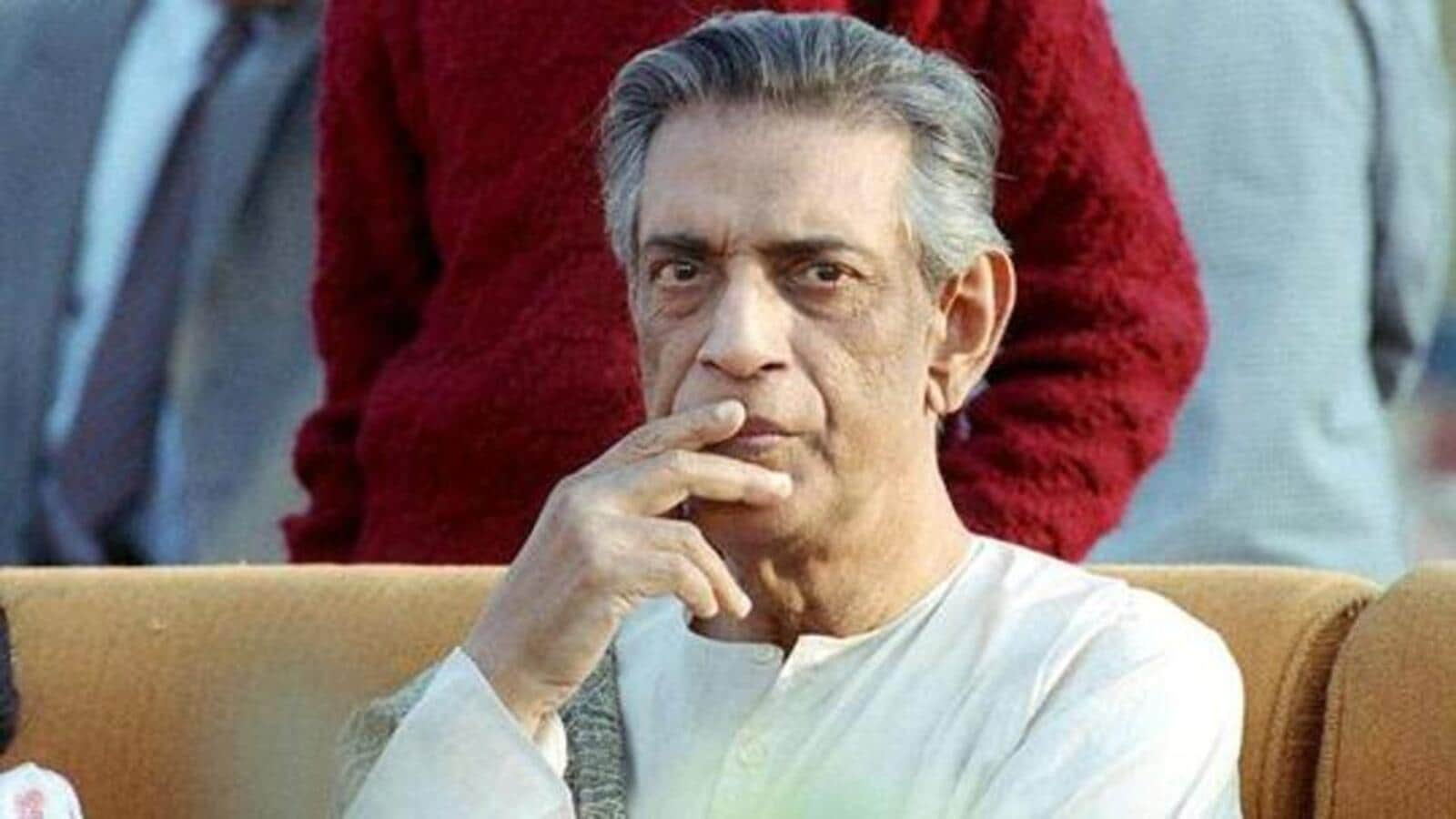Inflection Point: What to Do When the State is the Syndicate?

The United Nations Office on Drugs and Crime (UNODC) has just issued another significant contribution to the public debate about one of the world’s most serious emerging threats with their study: “Inflection Point: Global Implications of Scam Centers, Underground Banking, and Illicit Online Marketplaces in Southeast Asia.” The report, authored by John Wojcik, Mark Bo and some of the world’s other leading experts on the issue, offers precise, updated documentation of the evolution of Southeast Asia’s transnational cybercrime networks and tracks their global sprawl through underground banking systems and crypto marketplaces as well as their fueling of industrial scale human trafficking into scam compounds. With virtuoso-level OSINT work, the author team adds meaningfully to public knowledge of Huione, “the largest illicit online marketplace in history” (also named on May 1 by the U.S. Treasury Department as a “primary money laundering concern”) and other key criminal enablers. They also propose a thoughtful, five-pronged response to the unchecked criminal industry: 1) raise political awareness and will; 2) strengthen regulatory frameworks; 3) enhance enforcement capacity; 4) promote whole-of-government coordination, and 5) foster regional cooperation. On paper, and in principle, these are sound and necessary prescriptions. But they rest on one critical assumption: a belief that national governments in the region are willing and capable partners in this fight. But what if they’re not? Corruption, collusion, and elite profiteering are not merely “enabling factors” or tactical obstacles to overcome; they are the very engine driving this criminal phenomenon. Take Cambodia, the likely global epicenter of cyber-scam operations in 2025. The Kingdom’s scam economy towers over its largest domestic licit industries in terms of likely gross revenue. And this isn’t simply a story of a hapless state where criminal entrepreneurs have exploited “governance gaps.” Ruling party elite patronage networks are deeply enmeshed with the industry, and the power these elites wield over state institutions is absolute. Furthermore, this is not a novel development. Heavy dependence on criminally derived profits as a patrimonial resource is a long-documented feature of the formation, and enduring strength of the ruling Cambodian People’s Party (CPP). Historically and today, such criminal proceeds have been put to use to secure the loyalty of the state’s coercive apparatus, ensuring the remarkable durability of the regime. Put otherwise, scam profits are now a material instrument that helps secure the CPP’s unpopular rule, and can thus be considered a matter of national security for the regime. Within such a context, the notion of “increased political awareness and will” as the chief recommendation begins to appear misaligned with and decontextualized from the bleak reality on the ground. There is no scenario in which the state-party is not aware of the full scale of the “scamdemic” or indeed, the extent to which the industry’s fortunes are intertwined with its own. In turn, there is no case for relying on political will in Cambodia until the present regime incentives change dramatically. Evaluating Cambodia’s efforts to deny, obfuscate, and repress their way out of this crisis over the last three-and-a-half years, we can say that the “whole of government response” in Cambodia has been quite strong, if almost entirely malign. Similarly, “law enforcement capacity development” is a counter-productive recommendation within the Cambodian context. While capacity gaps certainly exist, the primary constraint to an effective response is the unfortunate reality that Cambodia’s security services are principally deployed to protect the compounds, return escaped workers to the syndicates, facilitate sporadic public relations “crackdowns,” and silence locally-situated activist voices. “Strengthening regulatory frameworks,” especially around money laundering, oversight of casinos and special economic zones, and virtual assets, are unquestionably essential components to any response, in principle. But again, applied contextually, this recommendation seems to undervalue the degree to which Cambodia’s regulatory bodies have been hollowed out and captured by a criminalized political structure. A country where casinos (owned by senators and cabinet members) serve principally as money laundering hubs and where financial crimes by locally-operating corporations like Huione are fully insulated from scrutiny by political protection is not suffering from a lack of legal tools. It is suffering from an absence of political accountability. Cambodia’s ability to maneuver itself off the Financial Action Task Force’s grey list in 2023, as these issues were coming to light, demonstrates the deftness with which the regime can concoct shadow regulatory systems to meet international demands, while subverting actual accountability in practice. As for “regional coordination,” even this recommendation raises concerns insofar as it treats –in a precarious act of suspended disbelief – all countries in the region as equal “partners.” A regional response is certainly needed – one in which an assertive regional body brings the concerns of its various impacted member states in a unified voice to those members sheltering and co-perpetrating with the syndicates most brazenly. In the visceral absence of ASEAN in such a role, individual member states are forced to negotiate bilaterally. This offers criminalized jurisdictions like Cambodia significantly more leverage to bolster their own legitimacy and helps them evade genuine efforts to disrupt the industry. Cambodia’s engagements with other states have reflected this strategy for years and last week’s Thailand-Cambodia bilateral meetings presented yet another opportunity for the kingdom to “pretend to cooperate” on countering their cash cow industry. The UNODC report team is to be commended for calling global attention to an “inflection point” in approaching this criminal network. Yet, any path toward an effective response must include a coordinated effort to minimize harms flowing from the criminalized elites and systems enabling this now global threat. Amongst other facets, coordinated harm minimization would seek to: 1) limit opportunities for criminally involved states to gain legitimacy via farcical/superficial reforms and outright propaganda; 2) constrain the profitability and operations of egregious perpetrators via the targeted use of transnational accountability measures; and 3) increase the barriers to state-affiliated money laundering into the global financial system. A forthcoming USG-funded study by one of the authors here (launching later this month at the Foreign Correspondents' Club of Thailand) treats these recommendations at significant depth. Such an effort would complement UNODC’s impressive work and proposed strategy, lending viability to the analysis laid out by the report team while also addressing the elephant in the room. That is, if complicit regimes are allowed to maintain a façade of cooperation while simultaneously protecting and profiting from the scamming industry, multilateral efforts will continue to fall short. Clearly, different actors have differing roles, and UNODC’s author team is already admirably pressing the boundaries of what is possible from a strictly “member states” approach to a member state-abetted criminal phenomenon such as this. Even still, soft-multilateralism must be paired with harder-edged strategies from actors less constrained by diplomatic convention and who have the flexibility to name and confront entrenched, evidenced state criminality. These could include concerned individual governments or regional blocs that recognize the pressing security threats posed by the status quo, international regulators and watchdogs, and forward-leaning private sector actors. The one-two punch of the UNODC report last week and Treasury’s Huione listing today offers a rare example of both response types working in unison. In other words, this need not be a matter of choosing diplomacy or disruption, but recognizing that the world needs all the tools at its disposal to confront its “most dangerous criminal industry.”



















